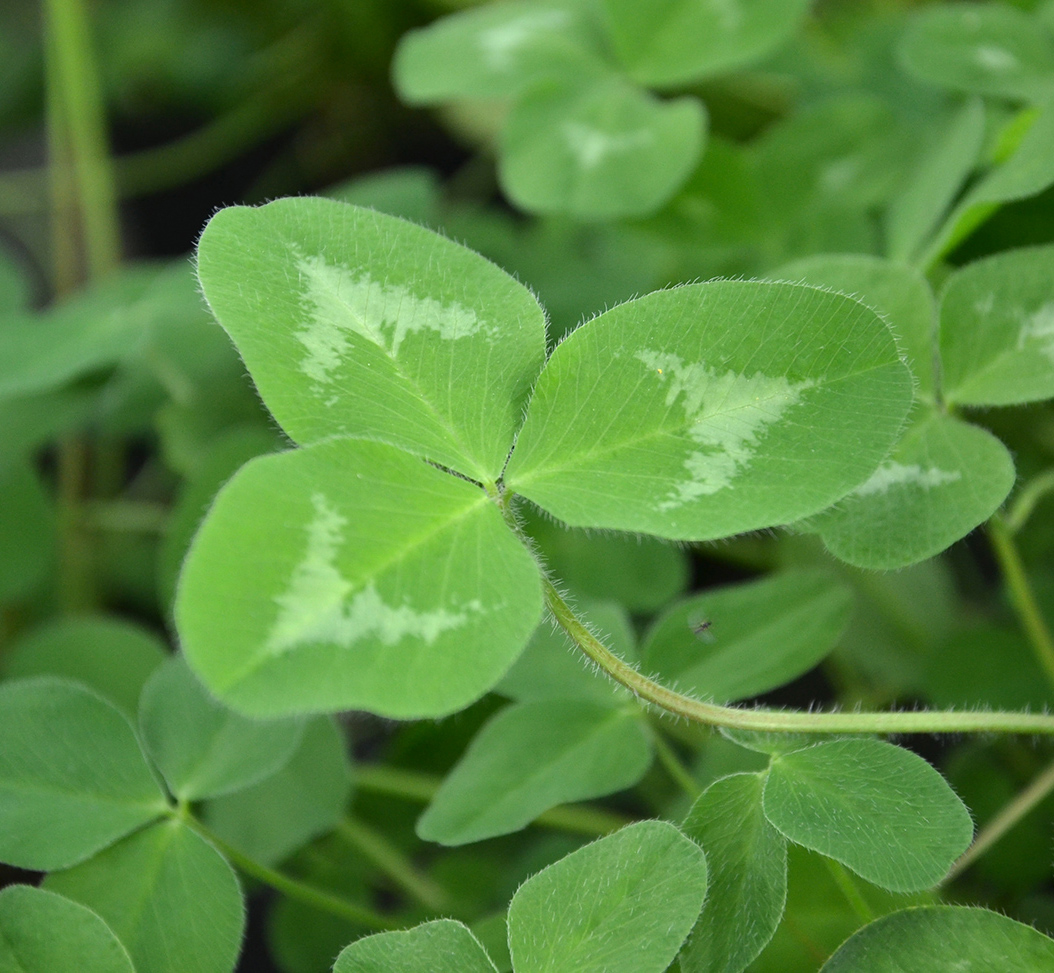
PROJECTS
To participate in and lead different projects is an important part of NordGen’s operations. In close collaboration with public institutions, private companies and other organizations, the overall purpose of all projects is to conserve and promote the sustainable use of genetic resources for Nordic food and agriculture. The funding for the projects is granted by the European Union, the Nordic Council of Ministers, directly from the Nordic countries through its government bodies or from public and private foundations and other organizations. The funding is leading to solutions for a more sustainable society.
Below is a summary of some of our more high-profiled projects:
Artic Pea
Finding suitable grain legume crops with traits that make them possible to cultivate in the Arctic region will give possibilities for a future local plant protein production. This will in the long-term strengthen Northern culture communities and help reducing import of plant protein. In our region, the low temperatures and long summer days however require specifically adapted accessions.
In 2021, the results from field trials conducted in 2018 and 2019 at four environmentally contrasting sites were published in the scientific journal Frontiers in Plant Science.
The aim of the trials, including 50 accessions from the NordGen pea collection, was to identify pea accessions suitable for future cultivation in the Arctic regions. The evaluated accessions represented a diverse material including different types of peas with origin in Sweden, Finland and Norway.
Differences were revealed in expression of phenological, morphological, crop productivity and quality traits in the accessions. Overall, the results indicate that pea genetic resources are available, for breeding or immediate cultivation, which would aid expansion of pea cultivation further north. Predicted climate changes would further aid this expansion. It was concluded that agricultural practices and timing of sowing dates for pea cultivation in the Arctic will be extremely important to use available light and temperature as efficient as possible.
The Nordic cooperation project Arctic Pea was funded by Nordregio´s Arctic cooperation program.
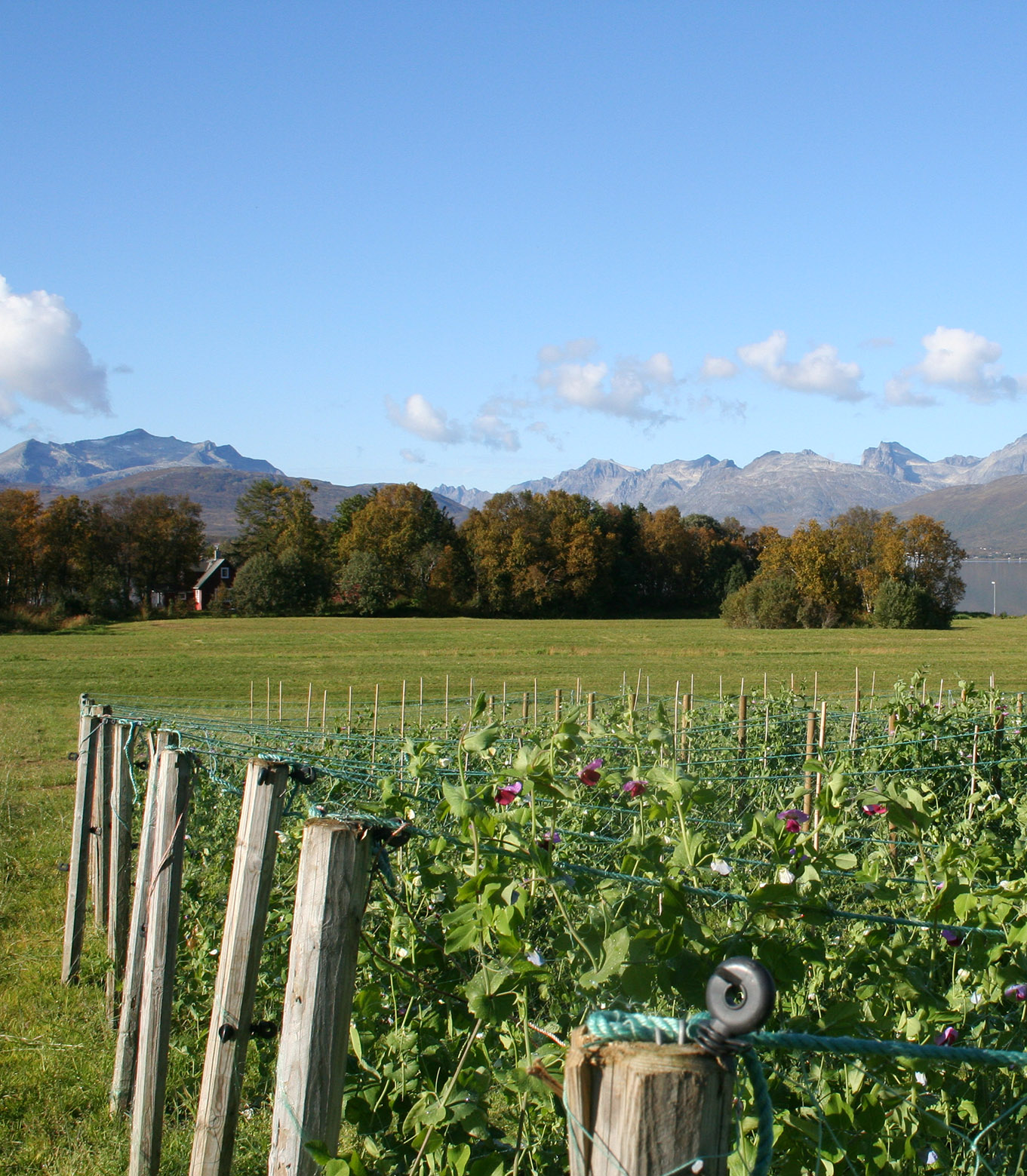
A Richer Agricultural Landscape
Cultivation of historical wheat species that are part of our cultural heritage favors biodiversity and provides a richer agricultural landscape. Einkorn and bucket wheat are historical wheat species that were previously grown on a large scale in Sweden. In recent years, mainly bucket wheat but also einkorn has generated interest by organic growers and in special bakeries.
The project carries out a detailed study of the einkorn and bucket wheat that are stored at NordGen in order to provide knowledge about their characteristics, disease resistance, and several quality parameters. In 2020, the collaborative partner Lantmännen conducted quality analysis on the four einkorn and four emmer wheat accessions that were grown in 2019 (these were selected from data on the 69 accessions grown in 2018). The quality data was used to select two einkorn and two emmer wheat further quality and baking analysis in 2021.
The project carries out a detailed study of the einkorn and bucket wheat that are stored at NordGen in order to provide knowledge about their characteristics, disease resistance, and several quality parameters. In 2020, the collaborative partner Lantmännen conducted quality analysis on the four einkorn and four emmer wheat accessions that were grown in 2019 (these were selected from data on the 69 accessions grown in 2018). The quality data was used to select two einkorn and two emmer wheat further quality and baking analysis in 2021.
Ultimately, the aim is to be able to recommend the best varieties in regard to cultivation and baking properties. The study will be communicated to organic growers and bakeries in order to increase the interest and use of traditional plant genetic resources. The project is financed by the European Agricultural Fund for Rural Development.
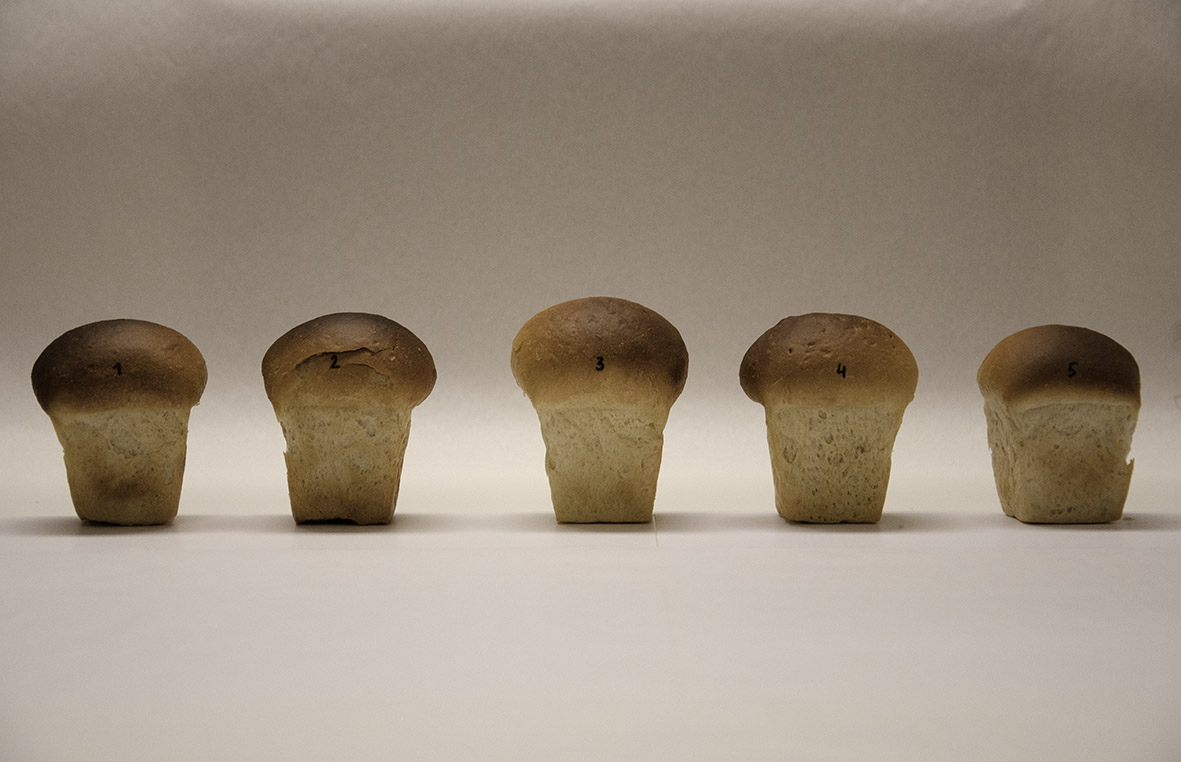
Crop Wild Relatives
Crop Wild Relatives (CWR) are wild species that are closely related to crops. They are of importance to agriculture since traits in these wild species can be transferred to crops by traditional plant breeding approaches. In many cases, wild species have traits that are not present in modern crops, for example pest and disease resistance, tolerance to drought, waterlogging or heat stress. Such traits are of central importance when adapting crops to future climate conditions and diseases and are therefore central for climate change adaptation and future food security.
The Nordic network on CWR was initiated in 2015 with the long-term aim to promote a well-functioning, climate- and environmentally friendly Nordic agriculture by strengthening CWR conservation and facilitating use of CWR. During 2019, the second phase of this network was finalized, and a report was published summarizing the results. The third phase of the project was initiated in 2020 with funding from NKJ (The Nordic Joint Committee for Agricultural and Food Research). Additional funding was granted from the Nordic Committee of Senior Officials for the Environment and Climate in December, which made it possible to expand the Nordic work on CWR during 2021-2024.
During 2021, several activities were carried out within the project. Inventory and/or seed collection of CWR were conducted in Iceland, Norway, Sweden and Finland during the summer and autumn. An outdoor exhibition was also produced in all the Nordic countries in their respective languages. In November, a stakeholder workshop was arranged in Oslo and later in the winter the Nordic Priority Crop Wild Relative Dataset was updated with additional information and 19 new species.
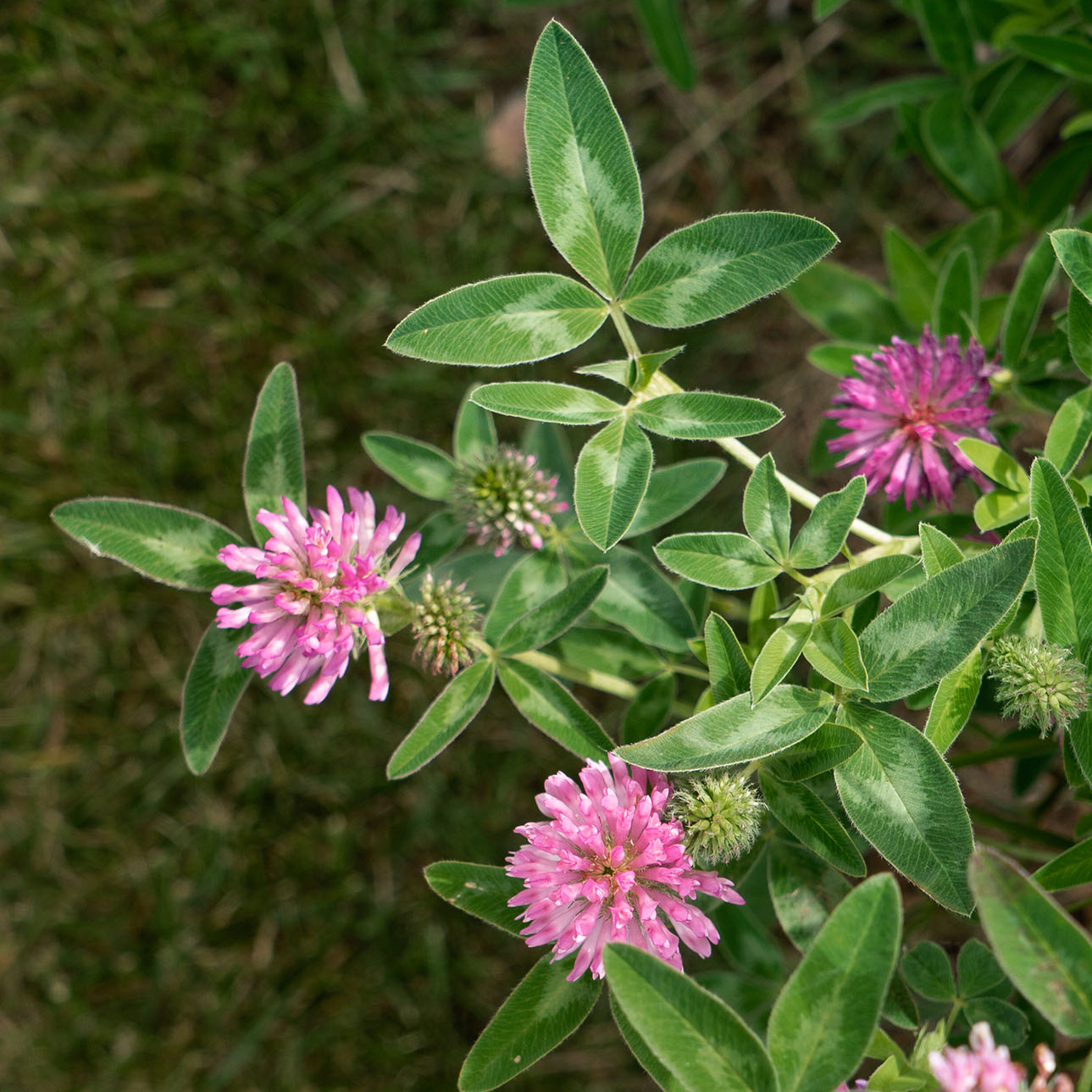
NordFrost
In case of extreme events, entire animal populations can be wiped out, since farm animal and fish genetic resources are most often small and locally adapted populations. The native breeds show large adaptation potential and may become crucial for increased resilience of the Nordic agriculture.
Within the NordFrost project, stakeholders will develop a regional action plan for Nordic cryopreservation activities. It will develop common procedures for cryopreservation by describing the existing best practices, but also mapping weaknesses so that they can be developed. In the long term, these guidelines will help increase the resilience of the Nordic agriculture.
In 2021, the project started and had two seminars. The NordFrost project is building a network of Nordic key stakeholders with the aim of raising awareness among researchers, policy makers, genebank institutions and farmers about the importance of common guidelines and goals for cryoconservation.
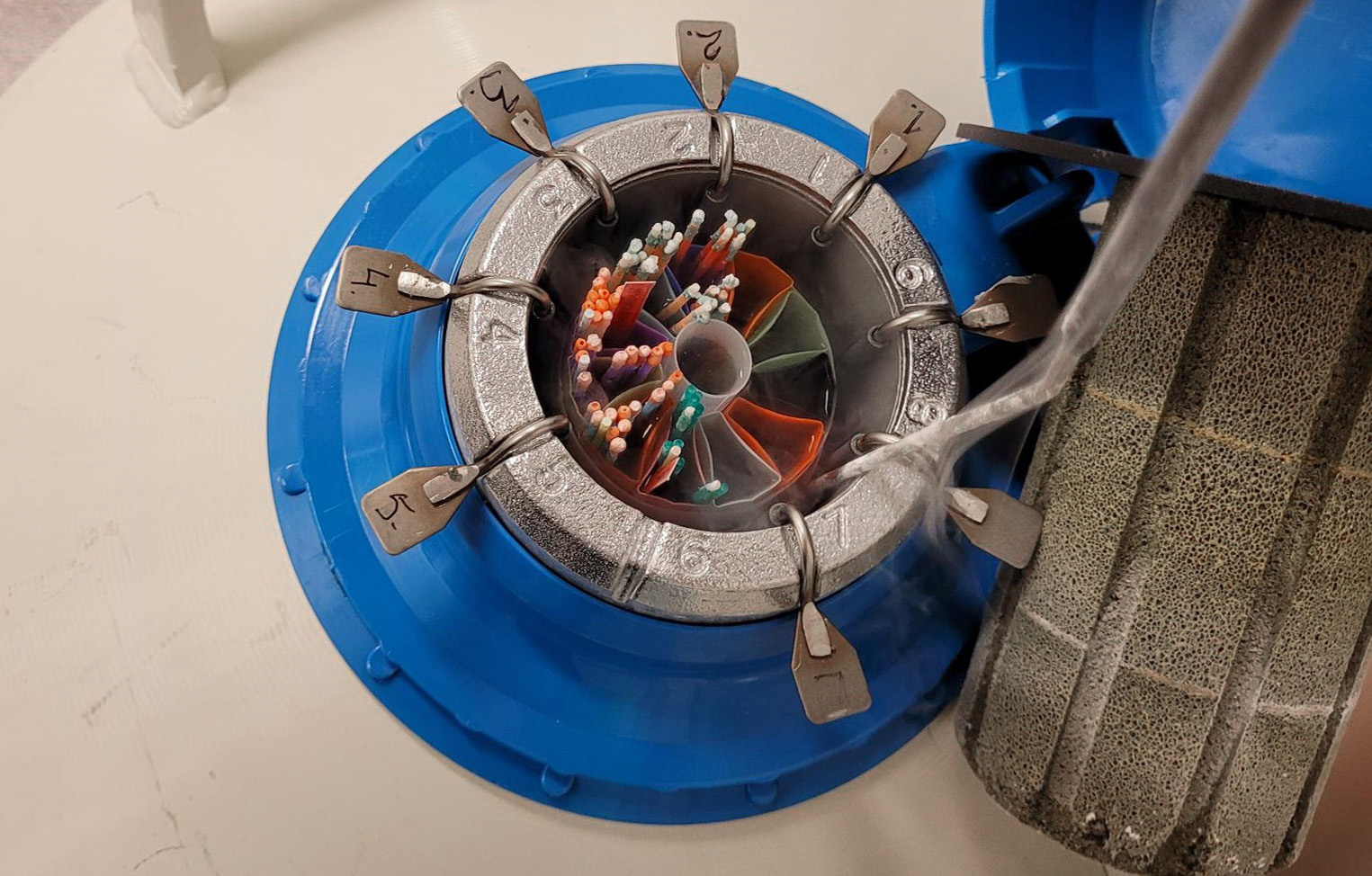
Farmer's Pride
Plant genetic resources – our crop plants and their related wild species, and the genetic diversity they contain – are essential for our food, nutrition and economic security. In current times of global transformation, including the rapidly increasing human population and climate change, greater diversity is needed to sustain food supplies than ever before as the environmental conditions in which crops are cultivated become more extreme, changeable and uncertain.
The Farmer’s Pride project is building a collaborative network for on-site conservation and sustainable use of Europe’s plant diversity for food, nutrition and economic security throughout the region. The overarching objective of Farmer’s Pride is to establish a network of stakeholders and conservation sites that effectively coordinates conservation actions to safeguard the wealth of Europe’s in situ plant genetic resources (PGR) and integrates the user community to maximize their sustainable use. The aim is to significantly strengthen the European capacities for the conservation, management and sustainable use of in situ PGR as a foundation for increased competitiveness in the farming and breeding sectors, and ultimately for long-term food and nutritional security in Europe.
Funding for the project “Farmer’s Pride – Networking, partnerships and tools to enhance in situ conservation of European plant genetic resources” has been granted from the Horizon 2020 Framework Programme of the European Union. During 2021 the project was finalized and the conference “Ensuring Diversity for Food and Agriculture” was arranged as part of the Farmer’s Pride project in collaboration with EUCARPIA and ECPGR.
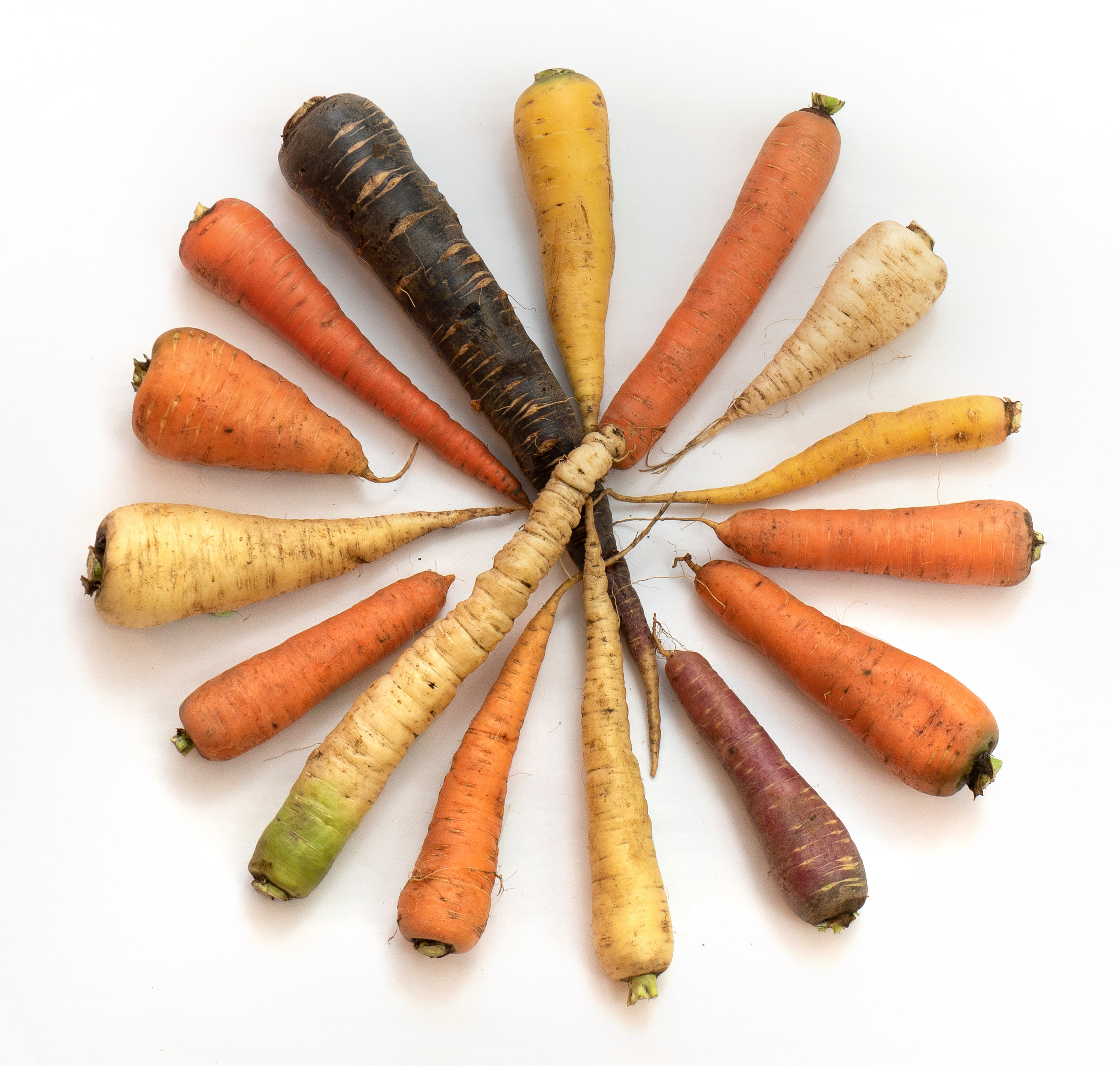
3MC – Nordic Mountain Cattle
The Finnish Northern Finncattle, The Norwegian Sidet Trønderfe and Nordlandsfe and the Swedish Fjällko are three closely related cattle breeds that have played an essential role in the history of the northern parts of Scandinavia. To promote conservation and a sustainable use of these northern mountain cattle breeds, this project utilizes an innovative approach for combining several academic disciplines to give us a more nuanced picture of the history, culture and heritage of the breeds.
The studied fields are historical references, cultural heritage survey and peer support platform, genetic relationships based on archaeological finds and pedigrees and finally game development sector. The project will collect and distribute knowledge of Northern mountain cattle breeds in Finland, Norway and Sweden. Once gathered and consolidated, the information will be made available for everyone interested, for example, through an art vernissage, up-to-date education packages for schools, including a game application. The ultimate goal is to promote the native breeds and increase the opportunities for the local livelihoods and the conservation of genetic resources.
As one of NordGen’s flagship projects, coordination of the project and our tasks in it took up many working hours in 2021. Due to the pandemic, many planned events and meetings had to be postponed or reverted to online arrangements instead. But despite these difficulties, the project has reached many relevant conclusions and managed to disseminate information about the cattle breeds to the different target groups. The project, which is financed by Interreg Nord, Lapin liitto and Region Norrbotten, is carried out in Nordic co-operation between universities, companies and breeding organisations in Finland, Sweden, Denmark and Norway.
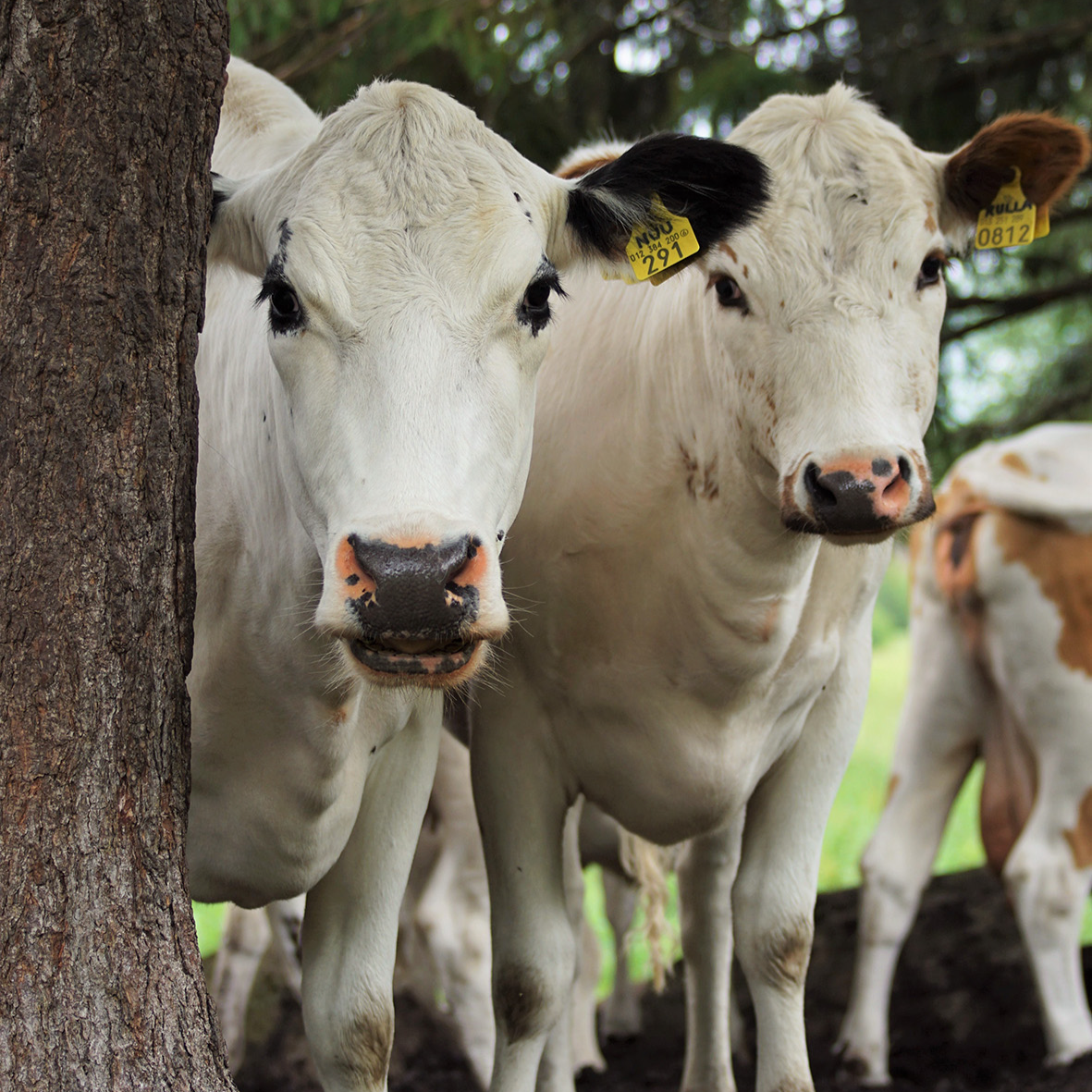
Photo: Suvi Tiainen
EUCLEG
The project EUCLEG, Breeding forage and grain legumes to increase EU’s and China’s protein self-sufficiency, was initiated in 2017 with the aim to “improve diversification of crops, crop productivity, yield stability and protein quality of both forage (alfalfa and red clover) and grain (pea, faba bean and soybean) legumes” (www.eucleg.eu).
The project include development of molecular- and phenotypic tools, phenotyping and genotyping of genetic resources, development genomic selection strategies, improvement of access to data and facilitating of data exchange. NordGen’s material is evaluated both genetically and phenotypically within the project.
NordGen´s main contribution to the project has been work with improving public access to data on the focus species. During 2021, NordGen coordinated the public deliverable “Improved EURISCO database for alfalfa, red clover, pea, faba bean and soybean”, which contains an inventory and gap analysis of information on the focus species in European PGR databases, a report on progress on inclusion of data on these crops in EURISCO during the project lifetime and a report on a pipeline for upload of data from the program Progeno to EURISCO.
